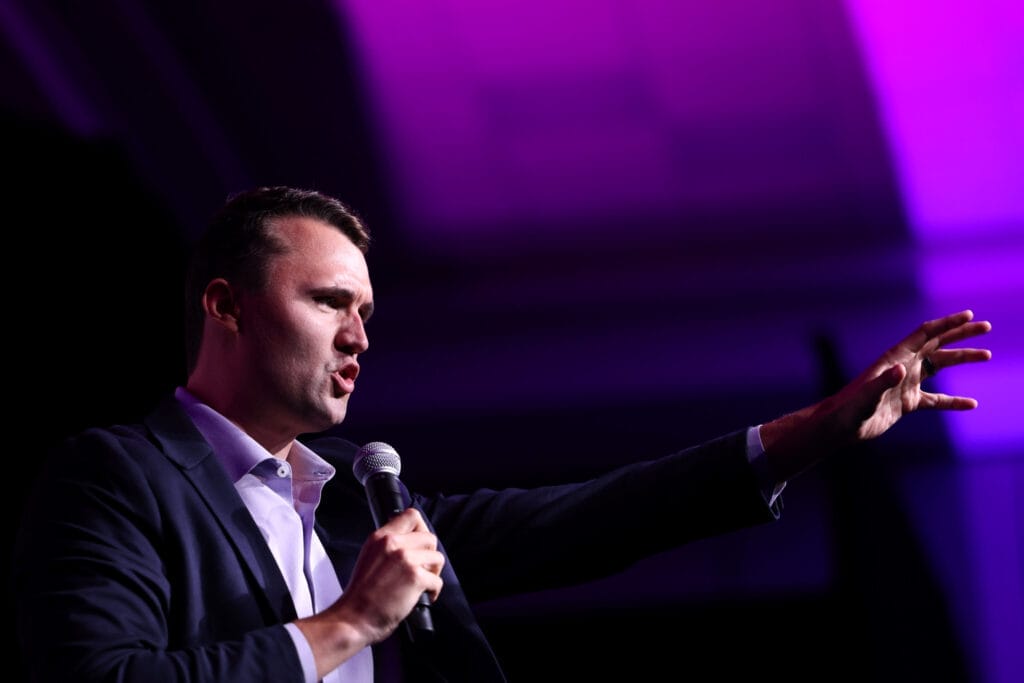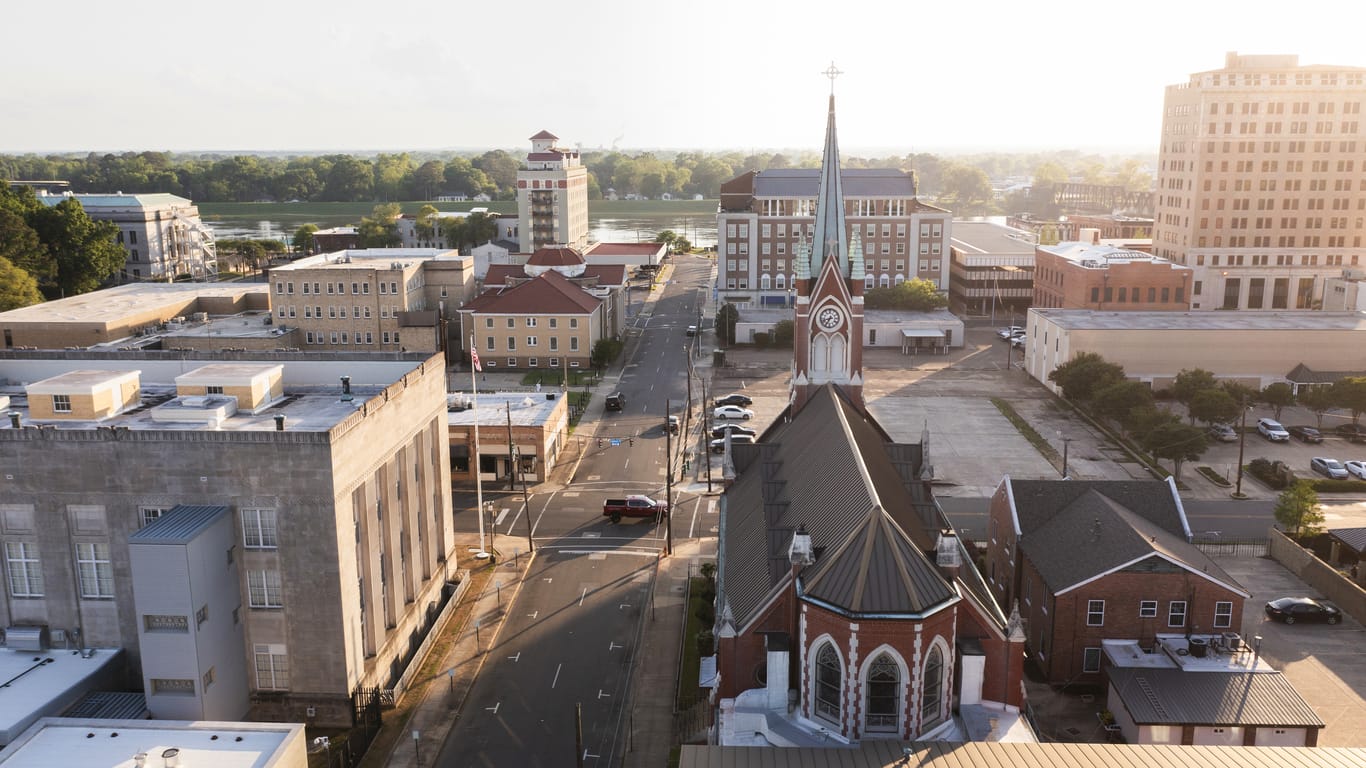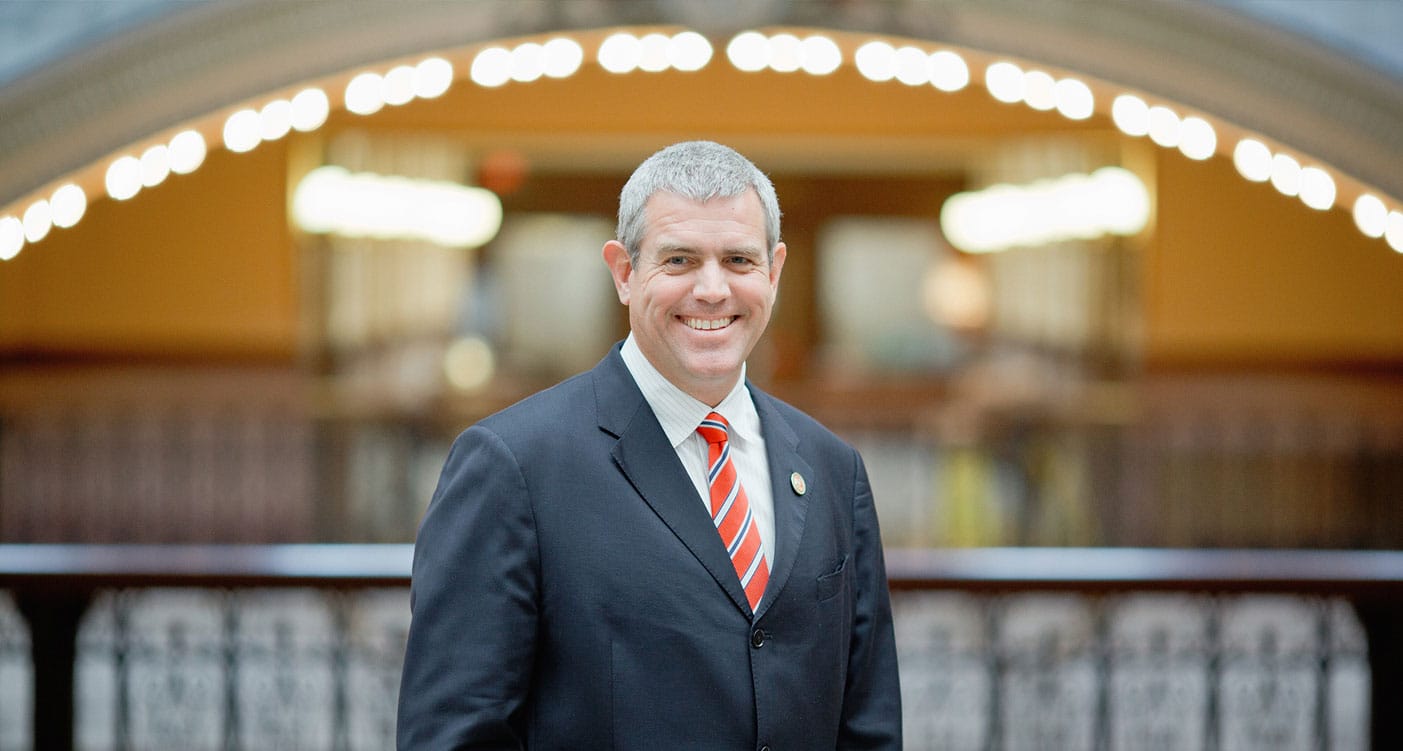Charlie Kirk’s killing: religious liberty and the public square

Charlie Kirk, devoted Christian, husband, father, and conservative activist, was shot dead in the tragic continuation of political violence in America, September 10. Among his commitments to conservative principles, robust debate, and the marketplace of ideas, his commitment to his Christian faith above all else characterized his legacy.
Thinking of Kirk’s faith in view of his assassination, what lies ahead for freedom of speech, and with it, religious freedom, in a time of ideological killings and political violence?
Kirk, who essentially articulated a time-worn conservatism, was hardly as ‘inflammatory’ as his closest analogs to the left. Nor was his message as transgressive as figures further to the right. Why kill him, a family man with a lovely wife and two beautiful children? If Kirk was one of the last prominent practitioners of open debate, he was wildly successful at it, having no equal in engaging youth through the campus forum.
A social media war vying to characterize the shooter’s alliances and motivations was all over but the shouting when it was revealed the shooter was the romantic partner of a transgender activist. Never in doubt, however, was the reality for Americans of a disappearing pasture in which rights can be exercised; Kirk’s assassin took aim at a Christian in the public square, Christianity in the public square, and American rights themselves.
Violent stabs at the heart of American freedom remind us of difficult questions about where rights actually come from. If rights haven’t come from God, they are as nothing, but rights enshrined in constitutions and social contracts have a still more proximate cause in custom and, when threatened, force. Americans’ God-given rights were from the beginning won by the sword. Today’ s flailing leftist assassination attempts seek to force a new era of rights not by legitimate force, but borne out by violence. Their claims are rooted neither in custom, popular support, nature, nor scriptural tradition.
René Girard argued that human societies have always relied on scapegoats and sacrifice to restore peace and diffuse the violence of societal life.
Temple mounts and ziggurats and slain scapegoats break the cycle of imitation and conflict through a violent, externalizing act. The genius of Christianity for Girard was the finality of the sacrificial act of Christ. The divine irony of God himself completing the sacrifice was that the self-giving was finally efficacious and had the power to forgive sins. It was finished.
What is needed in this outlook is a sacrifice of enduring finality and efficacy, one with the capacity to halt the violence of public life and free Americans for the truth, reconciliation, forgiveness, and irony of life in a free public.
Barring mass conversion, a look at the national civil-religious salvation economy, as it is practiced, shows a choice: developing a stern enough resolve to protect life, liberty, and the pursuit of happiness; or, risking constitutions, social contracts, and freedoms themselves should their guardians fail to intervene.
If there is a U.S. civil-religious economy of salvation, its sacrifices conclude little. The killing of Iryna Zarutska on a Charlotte, North Carolina train was the price of not bringing men like her killer, Decarlos Brown, to justice at the juncture of one of his 14 prior offenses. The lenience of the judicial apparatus and its enabling advocates and their political mobilization externalized Iryna’s murder in advance. By failing to render justice where it was due, that moral framework placed Iryna onto the sacrificial altar.
An alternative sacrifice could consist in developing the stomach to shepherd the pasture of public life, that is, by armed men who will reify rights by enforcing the law, as rights came about, by force if necessary.
In the case of Kirk, that sacrifice would consist in a hard, hard accountability: putting the legal axe to the root of the tree of the ideologies for which enemies of freedom would kill, along with their armed auxiliaries and their NGO enablers.
Absent a conclusive, efficacious sacrifice ending the cycle of violence that claimed Iryna and Charlie, the ultimate price may be the discard of the social contracts, constitutions, and moral frameworks whose stewards failed to hold evildoers to account. In other words, the choice may turn out to be a tough accountability, which would take great determination, or, should patience run thin with the devolution of the public square, a hard reset no one wants.
John Zambenini’s writing has appeared in The Living Church, The Midwesterner, Ohio.news, and Drudge Report. He lives in North Carolina.



